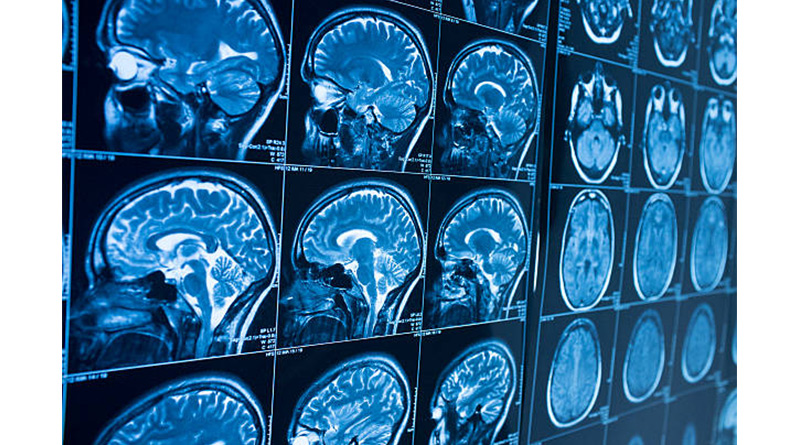Phase 2 Trial Results Show Donanemab May Slow Decline In Early Alzheimer’s
Data from a phase 2 trial of the drug donanemab suggests that the treatment may be able slow decline in people with early Alzheimer’s disease. Pharmaceutical company Eli Lilly shared the data today at the AD/PD conference and in the New England Journal of Medicine.
What is donanemab?
Donanemab is designed to remove a protein called amyloid from the brain. Amyloid build-up is a key hallmark of Alzheimer’s, and is one of the earliest changes to occur as the disease takes hold.
The trial, known as TRAILBLAZER-ALZ, included 257 people with early symptoms of Alzheimer’s. Half received an infusion of donanemab, while the other half received a placebo. Over the course of 76 weeks, participants were asked to take a series of tests throughout the study to assess their thinking and memory skills, as well as their ability to carry out day to day tasks.
What did the trial find?
At the end of the study, people who had received donanemab had declined more slowly on certain tests than those receiving the placebo. On one key measure, the decline for those receiving the drug was 32% slower than in the placebo group.
Brain scans of participants showed that the drug effectively cleared amyloid from the brain in 68% of participants.
The drug did cause side effects, including nausea and abnormal changes on brain scans that have been seen before in drugs targeting the amyloid protein. Over the course of the study, 30% of those treated with donanemab stopped treatment due to side effects, compared to 7% of those who received the placebo.
Our expert’s view:
Dr Susan Kohlhaas, Director of Research at Alzheimer’s Research UK said:
“The results of this phase 2 trial offer more hope that we are on the right path to finding a life-changing treatment for dementia, but more work is needed to understand donanemab’s full effectiveness.
“The drug targets a different form of the protein amyloid than that targeted by aducanumab, the potential treatment that is currently being considered for approval by regulators. These results show that the drug can effectively clear amyloid from the brain, but there are still questions about how much benefit that will bring to the day-to-day lives of those living with Alzheimer’s.
“This trial was carried out in a relatively small number of people and a larger phase 2 trial has already begun to test the treatment further. We will need to wait for the results of these further trials to know how effective donanemab may be for people with Alzheimer’s.
“Today’s results are further evidence that dementia research is making progress, and with more support, we can make life-changing breakthroughs possible.”






